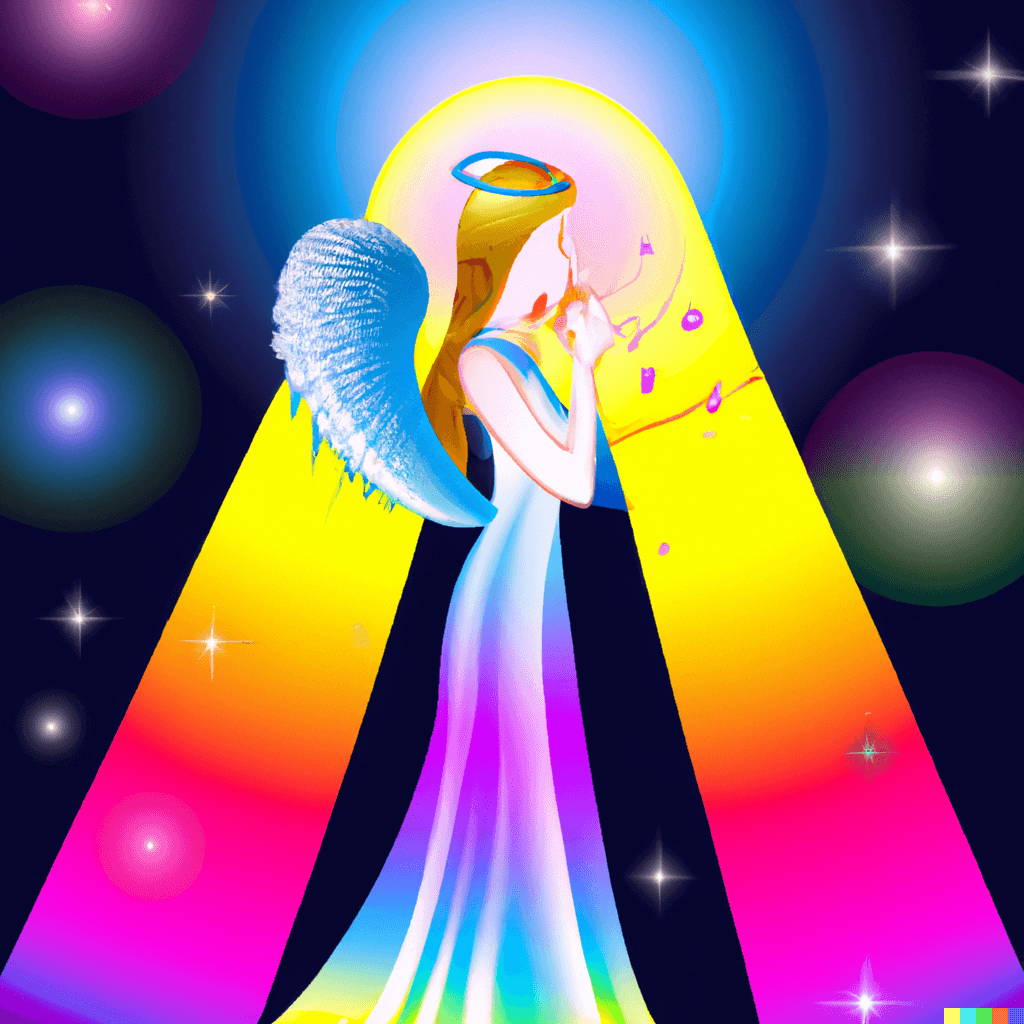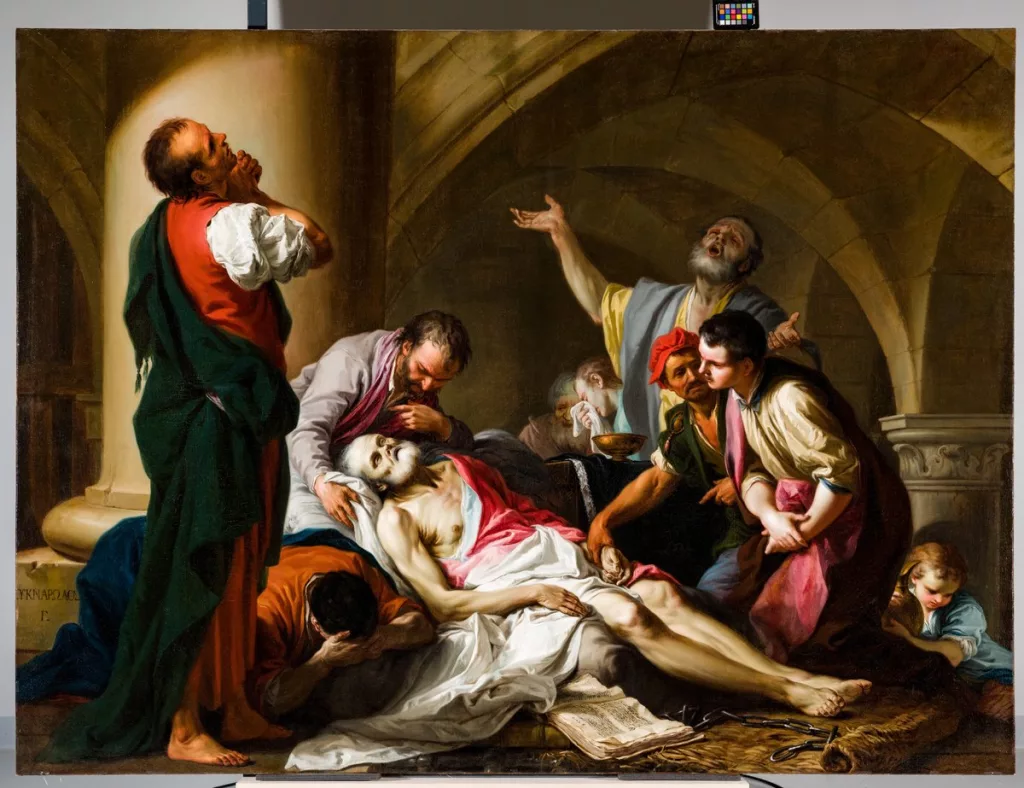Introduction
Angels, often depicted as celestial beings with divine purpose, have fascinated humanity for centuries. Beyond their iconic presence in religious texts and artistic representations, a question lingers: Do angels possess free will? In this exploration, we will delve into the depths of theology, philosophy, and mythology to unravel the enigma of angelic agency.
Also Read: Obliged or Not: Peter Singer’s Account
Understanding Angels: A Brief Overview
Before delving into the captivating debate of angelic free will, it’s essential to comprehend the concept of angels. Angels, believed to be intermediaries between humanity and the divine, are prevalent in various cultures and faiths. They are portrayed as messengers, protectors, and embodiments of God’s will.
The Dichotomy of Free Will

Defining Free Will in Angels’ Context
To tackle the question of angelic free will, we must first define free will itself. Free will encompasses the ability to make choices independent of external coercion, driven by one’s own intentions and desires. Applying this to angels raises intriguing queries about their nature.
Theological Perspectives on Angelic Nature
Theologians have long debated whether angels possess free will or adhere solely to divine mandates. Some argue that angels are bound to fulfill their designated roles, devoid of personal desires. Others contend that their capacity for choice stems from their ability to align with or deviate from divine intentions.
Angelic Free Will in Religious Texts
Biblical Insights on Angelic Choices
In religious texts, angels often act as agents of divine will, delivering messages and carrying out missions. However, instances like Lucifer’s rebellion against God raise the possibility of angelic free will. The fall of Lucifer suggests that angels can exercise independence, even at the risk of rebellion.
Islamic Perspectives on Angelic Agency
Islamic theology portrays angels as obedient servants of Allah, unwavering in their devotion. While Islamic teachings emphasize submission to God’s will, some scholars speculate on the potential for angels to exercise limited free will within the boundaries set by Allah.
Philosophical Explorations of Angelic Agency
Angels as Rational Beings
Philosophers throughout history have pondered the rationality of angels. If angels possess intellect, it follows that they might have the capacity for independent judgment. This speculation opens doors to discussing their potential for free will.
Divine Determinism vs. Angelic Autonomy
The clash between divine determinism and individual autonomy resonates in discussions about angels’ free will. If God is all-knowing and all-powerful, can angels truly possess free will, or are their choices predetermined by divine knowledge?
Angels in Mythology and Literature
Angels as Literary Characters
Angelic characters in literature often mirror human traits, including emotions and desires. These portrayals raise questions about whether angels, like humans, grapple with internal conflicts and exercise free will in their decisions.
Exploring Fictional Scenarios
Fictional scenarios, such as angels descending to Earth and interacting with humans, provide creative insights into their potential for free will. These imaginative tales serve as mirrors reflecting our own understanding of choice and agency.
The Implications of Angelic Free Will

The Complexity of Divine Order
If angels possess free will, the concept of divine order takes on new layers of intricacy. Balancing their autonomy with their role as divine messengers challenges our understanding of how the celestial and earthly realms intertwine.
Human-angel Parallels
The exploration of angelic free will prompts us to draw parallels with our own human experience. Just as angels might navigate between divine will and personal choice, humans constantly weigh societal norms against personal desires.
Conclusion: The Uncharted Skies of Angelic Will
The question “Do angels have free will?” remains a celestial enigma, a subject of fervent theological debates and speculative contemplation. While religious texts, philosophical discourse, and creative expressions provide diverse perspectives, no definitive answer exists.
The exploration of angelic free will extends beyond theological intricacies. It urges us to ponder our own agency, the dynamics between destiny and choice, and the delicate balance between obedience and autonomy. Ultimately, the mystery of angelic free will invites us to gaze into the heavens and reflect upon the boundless mysteries that both connect and distinguish us from celestial beings.
Frequently Asked Questions
While this topic sparks debate, some religious texts and philosophical discussions suggest that angels possess the capacity for choice, though it may be within certain boundaries or according to divine intentions.
Theologians and philosophers differ on this matter. Some propose that angels’ actions align with divine will, while others argue for the possibility of limited autonomy in their decisions.
Yes, instances like Lucifer’s rebellion in religious texts illustrate the potential for angels to rebel against divine mandates, implying a degree of free will to make independent choices.
Views vary across religions. For example, Islamic theology often emphasizes angels’ obedience to Allah, whereas Christian perspectives entertain the idea of angels making choices, as seen in Lucifer’s fall.
In literature and myths, angels interacting with humans often display traits akin to free will, showcasing emotional conflicts and decisions. However, these depictions are imaginative interpretations rather than definitive answers.